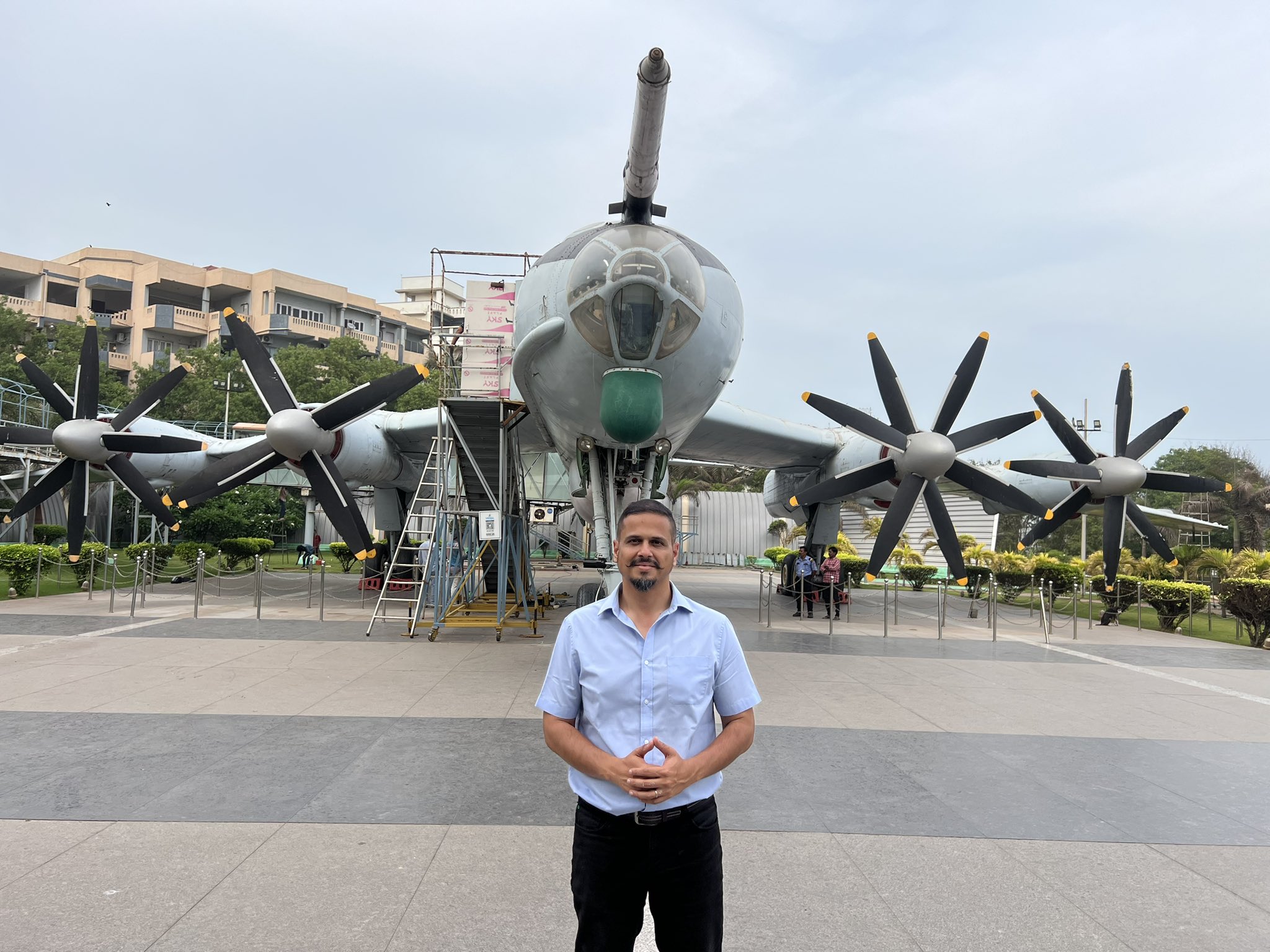The Free Press is Not the Enemy: Why Targeting Journalists from All Sides Is a Red Flag for Indian Democracy
In a week that has seen Indian journalists face legal action, threats, and public targeting from both ruling and opposition parties, the question before the country is not which political ideology stands accused--it is whether democracy itself can thrive when journalists become targets instead of messangers.
 |
| Image Source: Shiv Aroor on X |
The reportage included remarks by a psephologist that were later corrected for factual errors, yet were labelled by Khera as a “malicious attempt” to defame the Congress party and its leadership.
Without commenting on the content itself, the Guild rightly flagged what it called a “creeping tendency to invoke criminal charges against members of the media in response to their professional work,” reiterating that civil remedies exist and that criminal law should not be weaponised to intimidate journalists.
This is not merely a defence of Shiv Aroor’s right to report; it is also a defence of the press’s right to err and correct--without fear of criminal sanction.
Just days earlier, however, it was the government of Assam, ruled by the BJP, which filed FIRs under sedition-like provisions of the Bharatiya Nyaya Sanhita (BNS) against The Wire’s Siddharth Varadarajan and Karan Thapar, as well as journalist Abhisar Sharma.
The cases, triggered by their commentary and reports on what many view as issues of national interest, have drawn condemnation from the Press Club of India (PCI), which called them a “direct assault” on free speech.
Notably, the Supreme Court has already granted protection from coercive action in one such case involving The Wire, and strongly cautioned against attempts to subvert due process. But, the Assam police followed up with fresh summons and another FIR, which critics view as a form of judicial evasion or harassment.
What unites these cases is more than the ideological bent of the accused journalists--indeed, Shiv Aroor is often seen as sympathetic to the establishment, while Varadarajan and Sharma are known critics--but the fact is that all are being targeted by political outfits wielding state or organisational power to silence reportage they dislike.
This reflects a dangerous pattern that transcends party lines: a growing intolerance among political actors--ruling or opposition--for any scrutiny, dissent, or narrative control they do not directly author.
Whether it is the Congress pursuing punitive action against a broadcast journalist, or the BJP-led government enabling sedition-like charges for critical reporting, the outcome is the same: a shrinking space for journalism that this country so badly needs.
India’s democratic institutions rely fundamentally on a free and fearless press. The role of the media is not to please politicians or shield them from criticism; it is to inform the public, probe the powerful, and hold all institutions accountable--including itself.
Journalists are not infallible, and responsible reporting includes acknowledging and correcting errors. But accountability must be proportional, and never used as a pretext for persecution.
Criminalising journalists for doing their jobs--especially when they expose uncomfortable truths or ask inconvenient questions--is not the mark of a confident democracy. It is the sign of a brittle one.
Both ruling and opposition parties must remember that a free press is not an adversary to be outmanoeuvred but an institution to be preserved and strengthend. If any party claims to aspire toward building a better India, then the litmus test is simple: can it tolerate criticism, even from those who stand ideologically opposed? Can it see journalists not as enemies, but as vital participants in the democratic process?
At the same time, the burden on journalists to maintain credibility, balance, and factual accuracy grows heavier. But so too must society’s commitment to protecting them from legal intimidation, political vendetta, and state overreach.
At stake is the idea that the people have a right to know--and that the powerful have a duty to be questioned.
